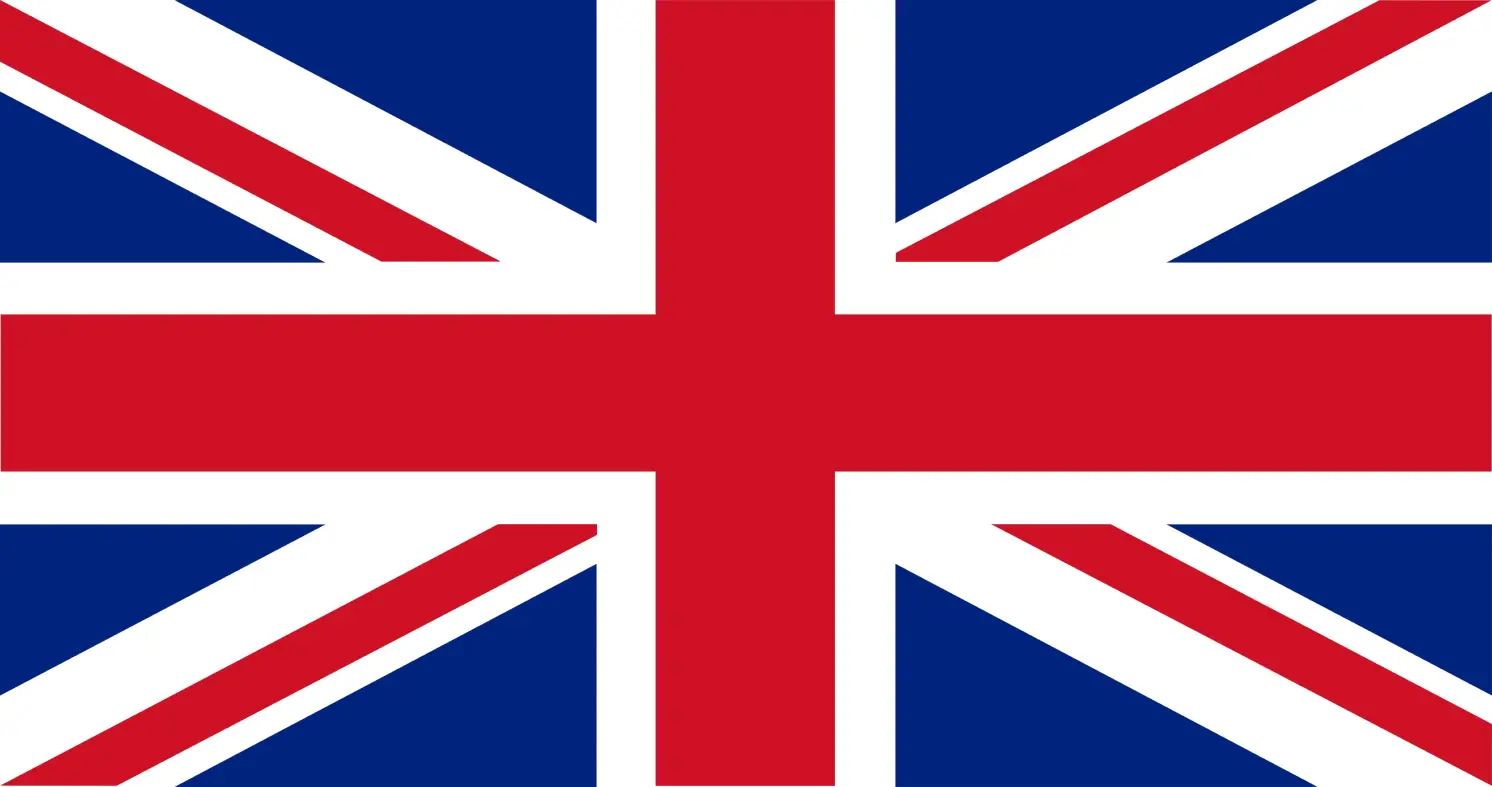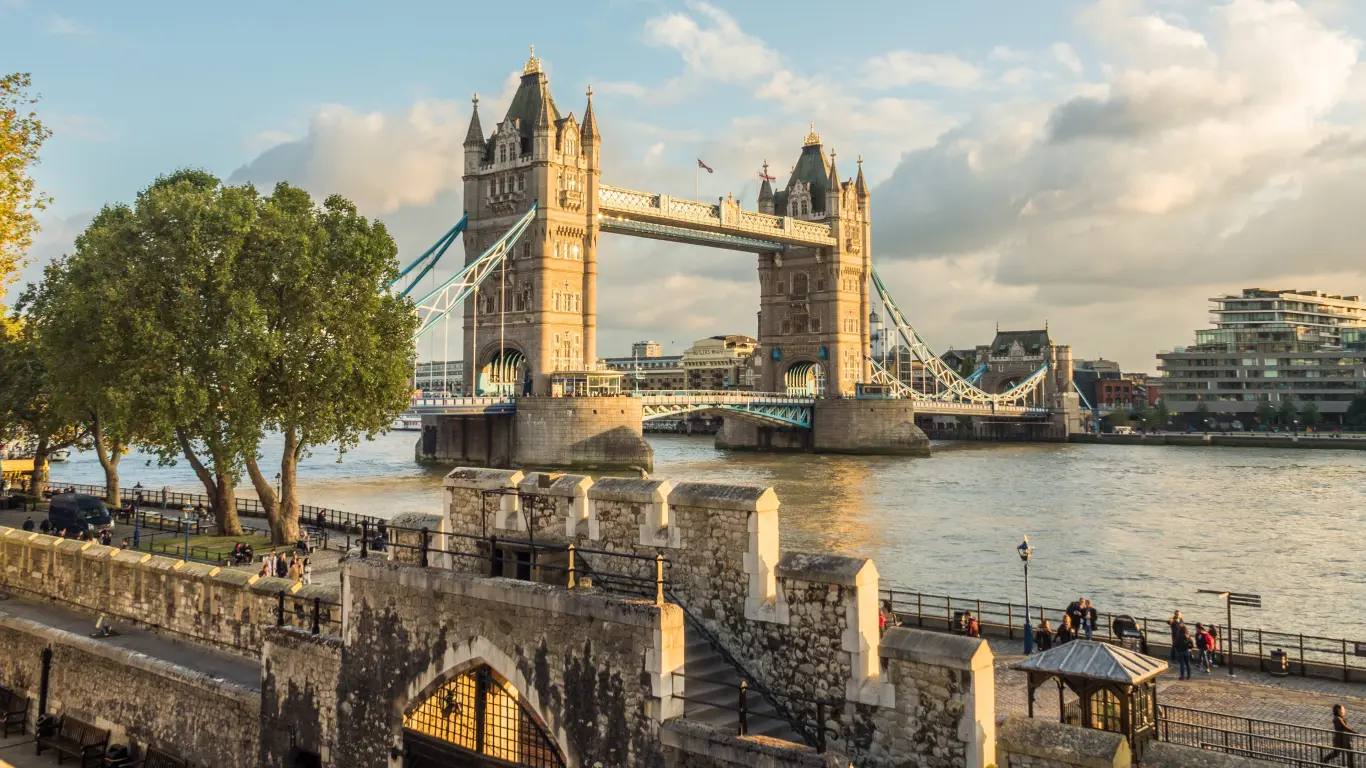Study In
UNITED KINGDOM
The UK stands as the top preference for international students in Europe. The UK excels as a global leader in various fields of education, like engineering, science, art and design, business and management, and law and finance.

Heriot Watt University
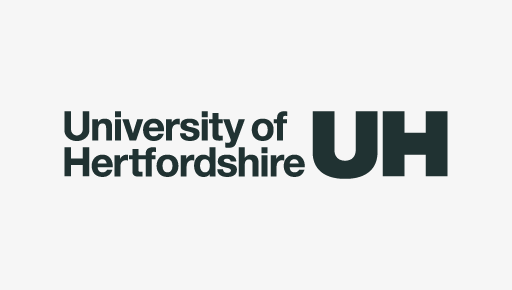
University of Hertfordshire
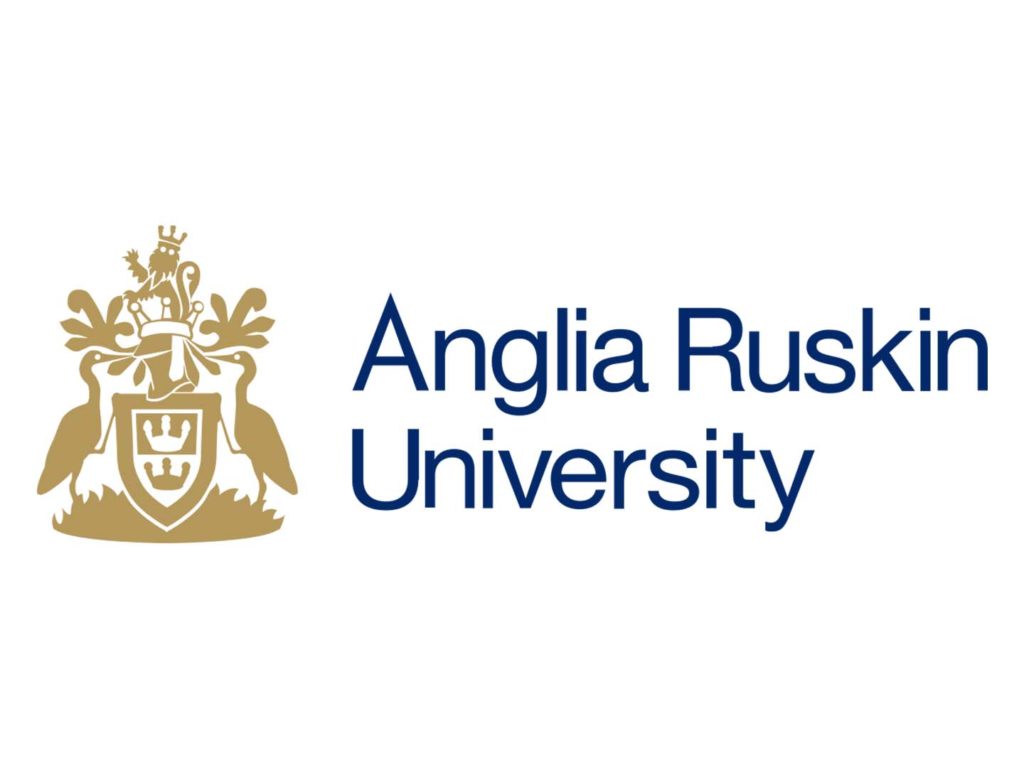
Anglia Ruskin University

Coventry University

University of Chester

University of Northampton
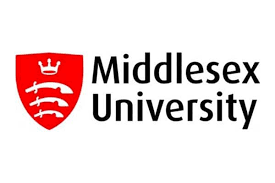
Middlesex University

Liverpool John Moores University
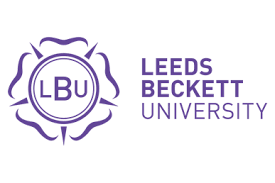
Leeds Beckett University

University of Liverpool

University of Glasgow

University of Southampton

